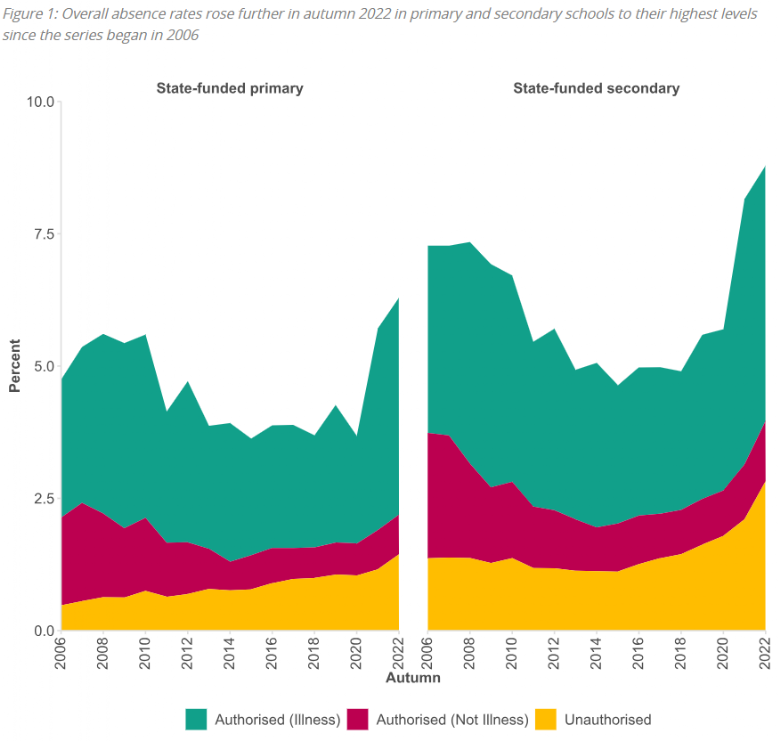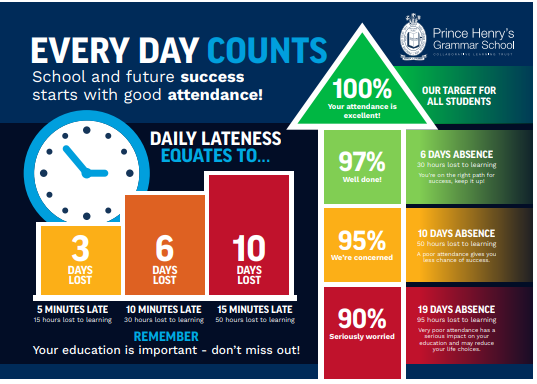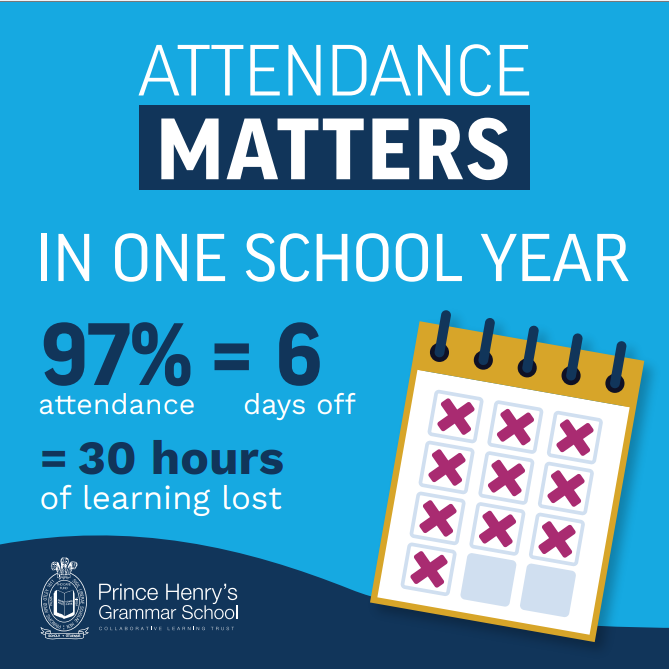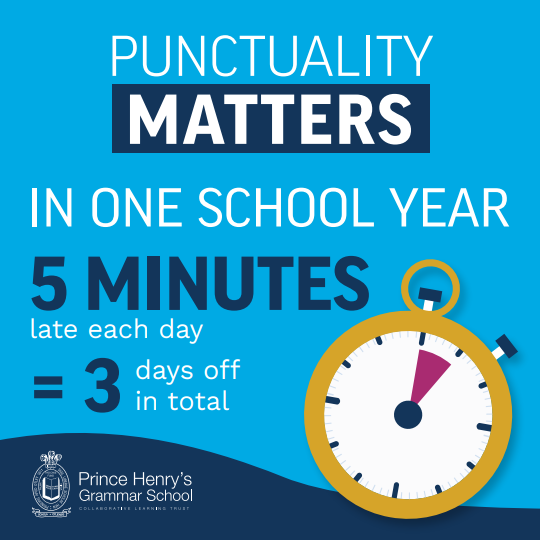Attendance - the post-pandemic landscape

Navigating the Post-Pandemic Educational Landscape: National Concerns Surrounding School Attendance and Absence Rates
The aftermath of the global pandemic has left an indelible mark on various aspects of society, and the education sector is no exception. As schools strive to regain a sense of normality, concerns about attendance and absence rates have taken centre stage across the nation. This article explores the pressing issues surrounding school attendance post-pandemic and the challenges educators, parents/carers and policymakers are grappling with.
In the ever-evolving landscape of education, parents/carers play a pivotal role in shaping the academic journey of their children. One of the key factors contributing to a child's success in school is consistent and excellent attendance. The high levels of absenteeism during the peak of the pandemic have risen further still and have become more entrenched specifically for those children from the disadvantaged cohort as the gap between disadvantaged and non-disadvantaged students widens. The graph below shows that overall absence rates rose further in autumn 2022 in primary and secondary schools reaching their highest level since 2006 when this form of record keeping began.

Furthermore, the figures for the 2022-23 school year published by the DfE confirmed that students at schools in England remained stubbornly higher than before Covid. In secondary schools, the rate of absence was 9.3%, compared with 5.5% in the year before the pandemic began. More concerning was the proportion of students who missed 10% or more days in the classroom, who the DfE class as ‘persistently absent’ (PA). The past school year saw 28% of secondary school students classed as PA, more than double the figure (13.7%) recorded in 2018-19.
At Prince Henry’s we have an attendance target of 97.0% for all students with PA less than 10.0%. At the time of writing this article, attendance in Year 7-11 is 92.6% and PA is 24.0% which shows we have a huge way to go if we are to meet our target. We can only achieve this target when working together with parents/carers.
But what is excellent attendance?
We do appreciate that young people may have illnesses throughout the school year and therefore we consider excellent attendance to be 97.0% and above. When speaking to students about their attendance, it is vital to ensure they understand how the number of days absent from school equates to the number of lessons or hours of learning that they have missed. A student with 97.0% attendance will have had six days of absence across the academic year and will have missed 30 hours of learning.

We become concerned when a child’s attendance falls below 96.0%. We will contact parents/carers to inform them that we are concerned about their child’s attendance and it is possible that we will organise a School Attendance Panel meeting to discuss what we can do as a team to help.
When attendance is 90.0% or below, we are seriously worried as this means that a child has been absent for more than 19 school days, which equates to at least 95 hours of lost learning. This creates huge gaps in learning which increase a student’s levels of anxiety when they return to school, and, in some cases, can result in school refusal.
There is a clear link between attendance and attainment. Only 36.0% of children who were PA in KS4 achieved a 9 to 4 in their English and Maths GCSEs, compared with 84.0% of regular attenders. Research shows that it is never too late to benefit from good attendance. More than half (54.0%) of students who were PA in Year 10 and then rarely absent in Year 11, passed at least 5 GCSEs, compared to 36.0% of students who were persistently absent in both years. However, attendance is important for more than just attainment. Regular school attendance can facilitate positive peer relationships, which is a protective factor for mental health and wellbeing.


Gillian Keegan (Education Secretary) goes on to say:
“The benefits of our success in raising education standards can only be when all children are in school.
Tackling attendance is my number one priority. We want all our children to have the best start in life because we know that attending school is vital to a child’s wellbeing, development, and attainment as well as impact future career success.”
Attendance Matters!!
Due to concerns nationally about the number of children who are classed as being PA from school, the DfE has launched a national communication campaign which has the strap line, “Moments Matter, Attendance Counts”. Moments Matter is not just a phrase; it encapsulates a philosophy emphasising the importance of every moment a child spends in the classroom. Each day of learning contributes to a child's overall development. Recognising the impact of regular attendance on educational outcomes, Moments Matter seeks to create awareness among parents/carers about the role they play in fostering a positive learning environment.
Excellent attendance has an impact on learning in the following ways:
- It ensures that children do not miss out on essential lessons, enabling them to build a solid foundation for future learning. Each day in the classroom presents new opportunities for growth and understanding.
- It allows children to forge meaningful connections with peers and teachers. These connections are crucial for social and emotional development, contributing to a positive school experience.
- It ensures children develop a sense of routine and discipline. These habits extend beyond the classroom, positively influencing their overall approach to tasks and responsibilities.
The Moments Matter campaign emphasises that even seemingly small moments contribute to a child's learning experience. Regular attendance ensures that children are present for all these valuable moments, optimising their educational journey.
How can parents/carers support?
- Create a daily routine that prioritises school attendance. Ensure your child gets enough sleep, has a healthy breakfast, and is ready for the school day ahead.
- Stay in regular communication with school. If any concerns arise, addressing them promptly can help prevent attendance issues and ensure a supportive learning environment.
- Foster a positive attitude towards learning by discussing the exciting aspects of school with your child. Encourage them to see every day as an opportunity for growth and discovery.
- Acknowledge and celebrate your child's academic achievements. Positive reinforcement can motivate them to maintain excellent attendance and stay engaged in their studies.
In conclusion, the post-pandemic educational landscape presents a complex set of challenges related to school attendance and absence rates. As the nation navigates this uncharted territory, a collective effort involving schools, parents/carers and policymakers is crucial to establish a robust and inclusive educational system that ensures every student has the opportunity to thrive, both academically and emotionally. As parents/carers, embracing the philosophy “Moments Matter” means recognising the value of every moment spent in the classroom and actively supporting your child's commitment to learning. By prioritising attendance, you are laying the foundation for a successful and fulfilling academic experience for your child.
See more on our Attendance pages here
